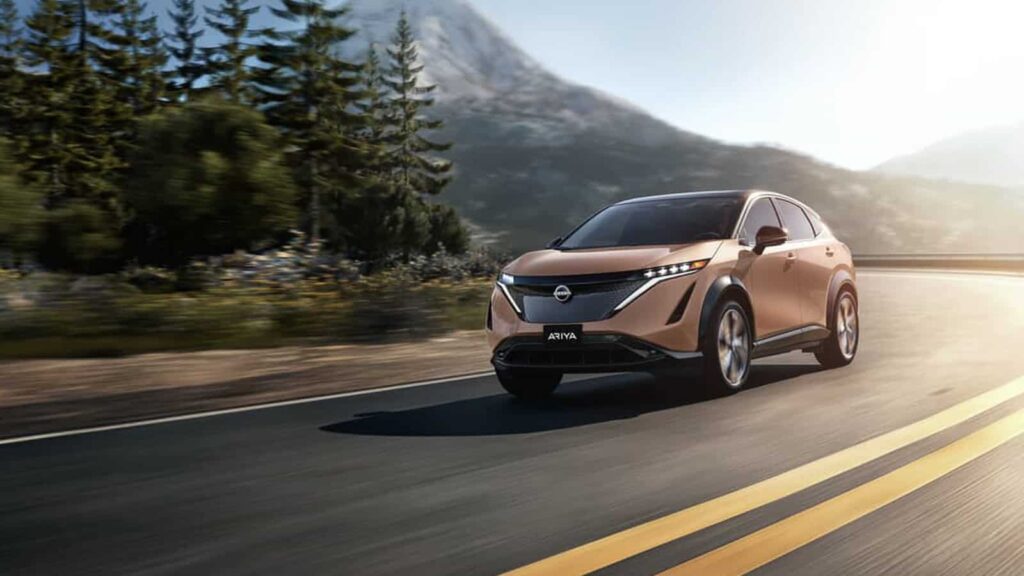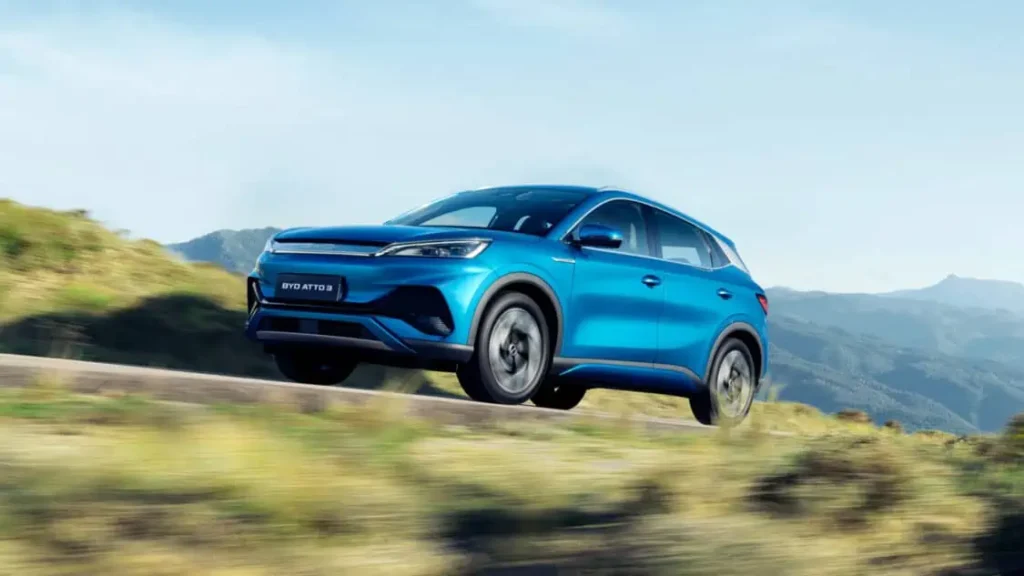Honda and Nissan EV Partnership Talks Will Begin
Nissan and Honda are realizing they’ve fallen too far behind in the electric vehicle (EV) race, and can’t catch up if they work individually. Therefore, they are considering a collaboration on EVs and software, according to a Nikkei report. For Honda and Nissan, EV competition is strong in the global market as well as in America.
Nissan currently offers the Leaf and Ariya EVs. The Leaf was for many years the cheapest, and for a time, the only EV on the US market, beginning in 2010. The Nissan Leaf will no longer be available in the U.S. after 2025. It’s been criticized for its practically obsolete CHAdeMO charging technology. CHAdeMO enabled public chargers can be a challenge to find in 2024, so buying a new or used Leaf is not recommended.

At the Consumer Electronics Show (CES) 2024, Honda unveiled its ambitious “Honda 0 Series.” Honda introduced two concept models that will pave the way for the Honda 0 Series: the Saloon and the Space-Hub. These concepts showcase the company’s fresh approach to design and engineering for new Honda electric vehicles. These proprietary EV offerings are expected to be ready in 2026. In the meantime, Honda partnered with General Motors to create the 2024 Honda Prologue EV. The Prologue shares components with Chevy’s electric mid-size SUV, the Blazer EV. The components include its platform, its battery, and more.
Nissan and Honda Announce Possible EV Partnership
In March 2024, facing stiff competition from the likes of Tesla and BYD, Nissan Motor and Honda Motor announced that they would begin talks on a potential strategic partnership to collaborate on electric vehicles and automotive software.
“We’ve decided that the two companies need to bring together our strengths and start considering potential collaborations,” Toshihiro Mibe, president and CEO of Honda.
Mibe said that Honda and Nissan will consider “broad” cooperation in areas such as software for automobiles, batteries for Nissan electric vehicles or Honda EVs, and “mutually complementary products.”
Increasing production would have a major effect on lowering the overall cost of producing an EV. Some kind of collaboration on production is likely on the table for the two companies. The two companies will set up multiple working groups to begin the collaboration if it goes forward and will start considering potential cooperation in each of the themes and challenges they both face.
Makoto Uchida, Nissan President and CEO, said, “The importance of automobile software is increasing … this is a turning point not seen in the industry for the past 100 years.” Software is particularly important in today’s EV market, where buyers are most impressed by technical advances in software.
China’s BYD and Tesla Have Been Rapidly Expanding Their Business in Large Global Markets
The rise of low-priced Chinese EVs, such as BYD, is one reason for the proposed partnership. Tesla still has strong global sales but was overtaken by BYD in the last few years. BYD concluded 2023 with record-breaking sales volume, including battery-only vehicles and plug-in hybrids. In 2023, it surpassed its 3 million annual sales target. Car News China reported that BYD tripled its profits to $1.5 billion in the first half of 2023. American officials and OEMs are concerned about Chinese EVs entering the U.S. market.

Partnership to Face Down Tough EV Competition
Nissan and Honda are making a wise decision by teaming up in the EV sector. The global EV industry, as well as in the U.S., has gotten dicey. The initial excitement has moved to a more pragmatic and cost-conscious buying segment, away from the early eco-conscious adopters. Economies of scale are vital, and it’s tough for companies to compete if they are not as large and successful as companies such as BYD and Tesla.
Entering the EV market at this late stage is a challenge in itself. Companies can carry over their internal combustion engine (ICE) reputation and loyal customer bases to a degree, but that will only go so far in the EV market. Customers are demanding the best at the lowest price and have shown they are willing to switch brands when moving from ICE to EV. Tesla has the advantage of being a first-mover and has the best brand recognition in the EV market. BYD has the advantages of top quality, low prices, and a global presence that is growing fast. It also has much stronger government support than any American company has ever had.

Electric Vehicle Marketing Consultant, Writer and Editor. Publisher EVinfo.net.
Portfolio: BillPierce.net
